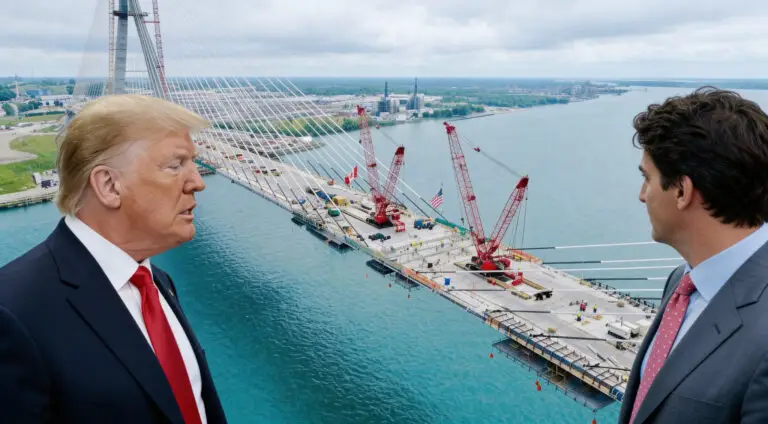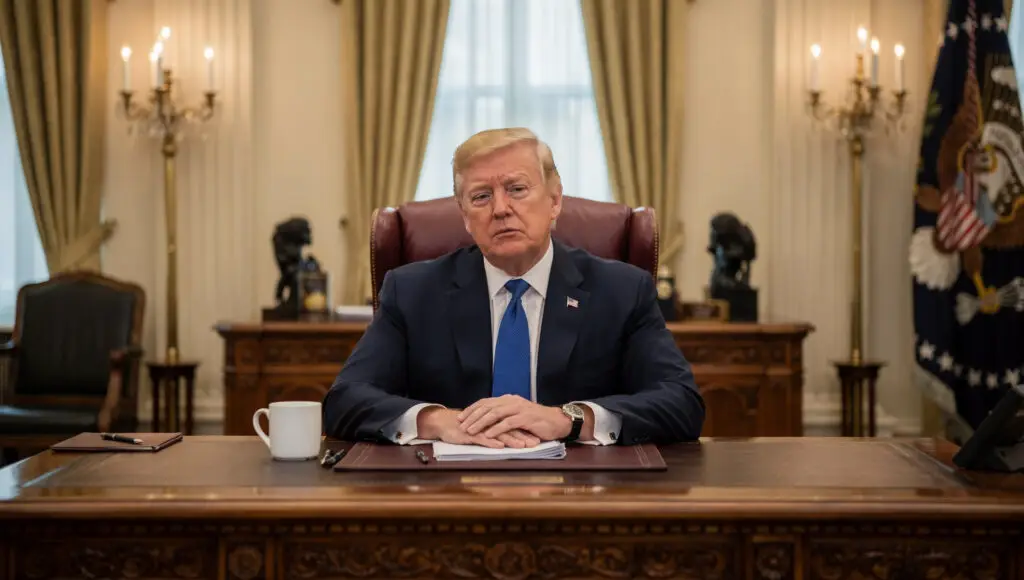Dubai Embraces Crypto to Power Cashless Government Services
Dubai has taken a major step toward becoming a fully digital economy by signing a landmark agreement with cryptocurrency exchange Crypto.com to introduce crypto payments for government services. Announced during the Dubai Fintech Summit on May 12, the initiative is a core part of the city’s broader strategy to shift 90% of all financial transactions in both public and private sectors to cashless methods by 2026.
The deal will allow both individuals and business clients to pay for government service fees using cryptocurrencies through Crypto.com’s digital wallets. The payments will be instantly converted into UAE dirhams and deposited into accounts held by the Dubai Department of Finance (DOF), according to the official statement released by the department.
Building Toward a Cashless Society by 2026
Dubai’s ambitious cashless strategy was initially launched in October 2024, aiming to transform the city into a model of financial digitization. According to the DOF, 97% of all government payments in 2023 were already conducted digitally. This latest partnership is expected to drive further adoption and innovation in the digital finance space.
Amna Mohammed Lootah, director of digital payment systems regulation at the DOF, said the announcement would play a pivotal role in accelerating Dubai’s goals. “We are confident that this milestone will significantly accelerate the advancement of the Dubai Cashless Strategy,” she stated.
The government has not disclosed which cryptocurrencies will be supported at the outset. However, the DOF did specify that payments could be made using “stable cryptocurrencies,” signaling a preference for stablecoins, which are pegged to fiat currencies and offer reduced volatility compared to other digital assets.
Notably, Abu Dhabi—Dubai’s fellow emirate—recently backed the development of a dirham-pegged stablecoin. On April 28, three major Abu Dhabi institutions, including the emirate’s sovereign wealth fund, revealed plans to launch the new digital currency.
Fintech at the Heart of Economic Growth
Dubai’s shift to a cashless model isn’t just a technological upgrade—it’s also expected to generate significant economic returns. The DOF projects the digital finance transformation could contribute at least 8 billion dirhams, or approximately $2.1 billion, to Dubai’s economy by fostering innovation and expanding the fintech sector.
Ahmad Ali Meftah, executive director of the central accounts sector at the DOF, emphasized the importance of a secure and efficient regulatory environment. He stated the government is “actively developing a regulatory framework that fosters innovation while ensuring the highest standards of security and efficiency” in handling digital financial transactions.
Dubai’s fintech ambitions are already visible on the global stage. The emirate recently hosted the Dubai edition of Token2049, a major blockchain and crypto conference, between April 30 and May 1. The event drew leaders and developers from across the global crypto ecosystem, highlighting Dubai’s growing role as a crypto-friendly hub.
Blockchain Projects Gain Momentum
Beyond payments, Dubai is also exploring blockchain-based innovations in real estate. On March 19, the government began piloting a project to convert property assets into digital tokens on a blockchain platform. The initiative aims to enhance transparency, streamline real estate transactions, and create new investment opportunities in one of the city’s most vital economic sectors.
While Dubai’s crypto-forward stance sets a global benchmark, it mirrors growing interest in digital asset adoption by governments worldwide. In April, a New York state lawmaker introduced legislation that would allow state agencies to accept crypto payments for certain services, reflecting a broader trend of public sector engagement with blockchain technology.
A Model for Future-Forward Governance
Dubai’s collaboration with Crypto.com underscores the emirate’s strategic intent to lead in digital finance innovation. By embedding crypto payments into everyday government services, the city is not only modernizing its financial infrastructure but also reinforcing its global reputation as a forward-thinking financial and technology hub.
As the city races toward its 2026 cashless target, this partnership may well become a blueprint for how cities can leverage private sector collaboration to build smarter, more accessible digital economies.













